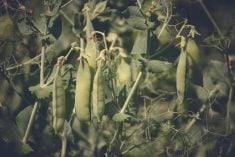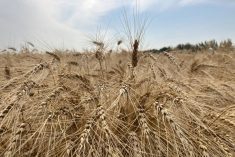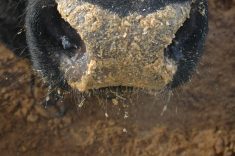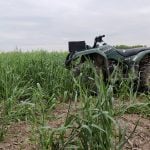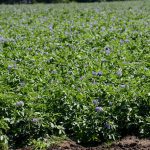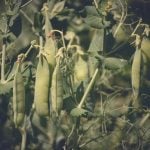Western Canada’s fertile fields are parched due to below-normal rain this fall and with below-average to normal snowfall expected this winter farmers might see potentially unfavourable spring planting conditions.
Most of the region’s farm belt across Alberta, Saskatchewan and Manitoba has had well-below normal precipitation during the past three months, ranging from less than 40 per cent to 85 per cent of average amounts, according to the Canadian government’s Drought Watch website.
Canada is the world’s second biggest producer of spring wheat, which makes flour used in baking, and the biggest grower of the oilseed canola, also planted in springtime.
While farmers will not be sowing spring-planted crops for five or six months, they are already making plans, and the dryness may lead some to reduce canola planting and seed more cereal crops that better withstand such conditions, said Grant McLean, cropping management specialist for the Saskatchewan government.
Farmers usually buy at least some of their seed in autumn for the following year to ensure they can find their preferred varieties, he said.
The driest areas are in southern Saskatchewan, an important growing zone for canola, spring wheat and durum.
"You never lose your crop in winter time, but you don’t want to be begging, hoping and praying for rains in the spring because you might not get those," said David Phillips, senior climatologist at Environment Canada, the government forecasting agency.
Without rain ahead of the ground freezing in November, soil could be "bone dry" in the spring, he said.
Environment Canada is calling for near-normal precipitation over the winter for Western Canada.
The dry autumn allowed farmers to swiftly harvest their crops, but kept soils from recharging moisture levels. Moisture is important to helping plants germinate and develop.
Drew Lerner, senior agricultural meteorologist at World Weather Inc in Kansas City, Kansas, expects Western Canada’s winter to be drier than usual.
"I don’t think we’re going to do a very good job of replenishing the moisture deficits we have out there. It’s going to be important that we get timely rainfall to occur (in spring)."
Read Also
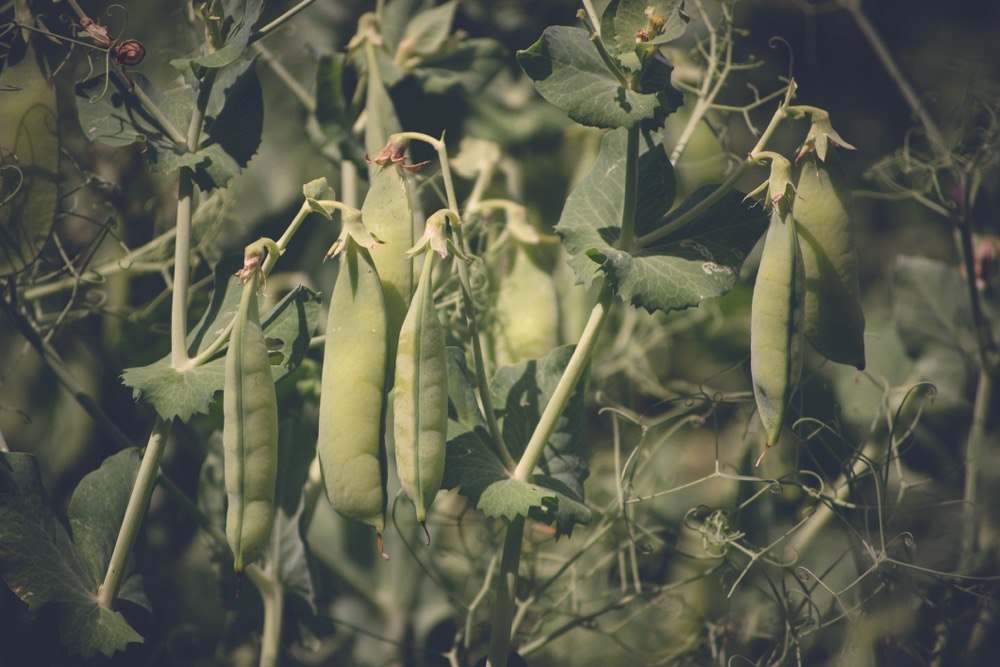
Pulse Weekly: Yields coming into focus
Provincial agricultural departments are reporting pulse yields higher than Statistics Canada’s September estimates.


